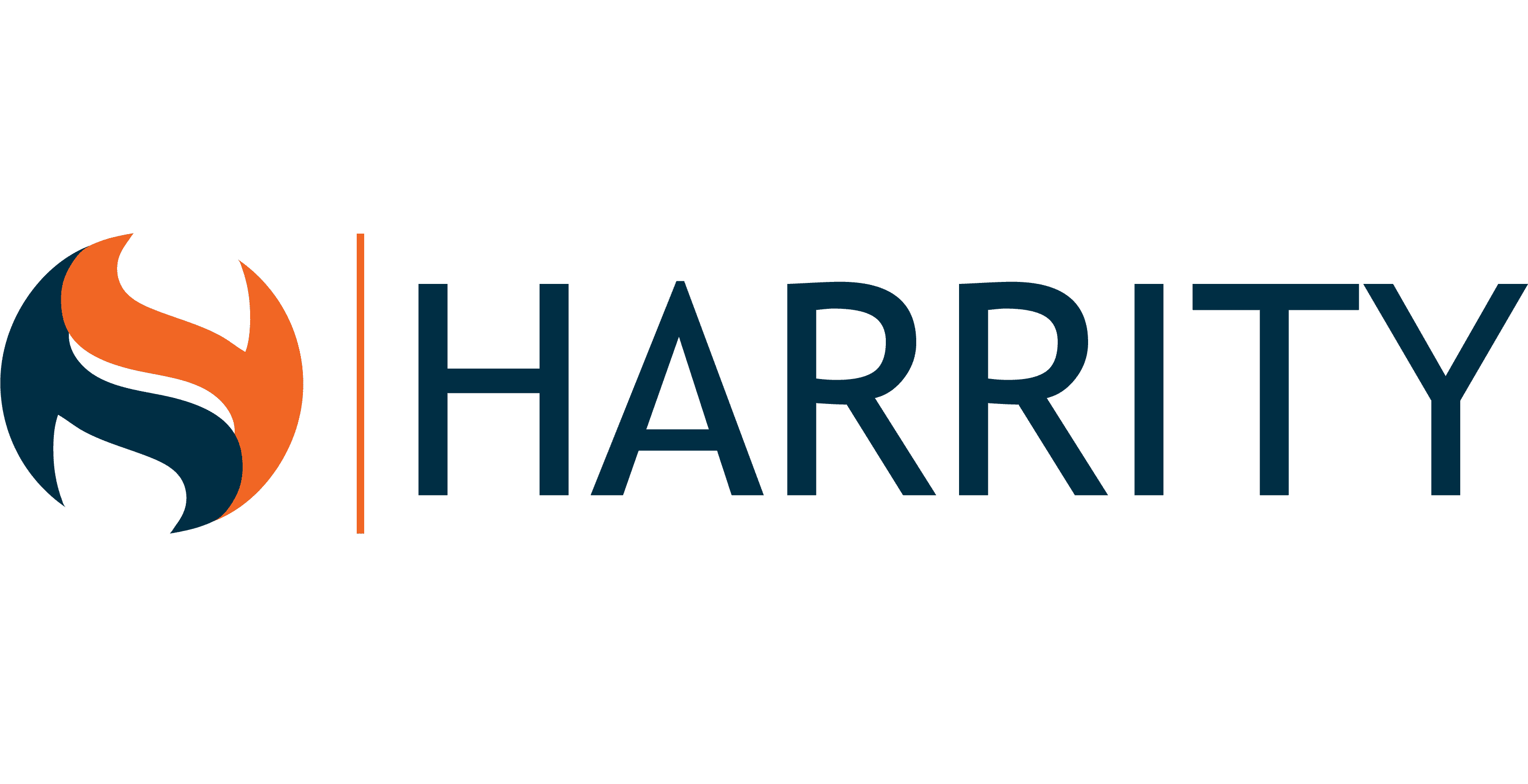The Global Impact of Pro Bono Intellectual Property Work – Alexander Zajac
Alexander Zajac‘s article, “The Global Impact of Pro Bono Intellectual Property Work,” discusses the significant global effects that pro bono intellectual property (IP) services can have for the American Bar Association’s Landslide Magazine.
Despite the reluctance of lawyers to perform IP services pro bono due to liability concerns and marketing goals, Zajac argues that there are worthy clients with cross-border legal needs that can greatly benefit from such services.
Zajac identifies several impediments to global pro bono services in IP. Lawyers are often risk-averse, fearing malpractice liability from pro bono activities. The decentralized nature of licensure also makes cross-border pro bono work difficult. During the COVID-19 pandemic, these difficulties were exacerbated as more attorneys began working remotely from jurisdictions in which they were not licensed. Additionally, many lawyers look for pro bono opportunities that seem particularly philanthropic, and some believe that IP work does not help disadvantaged people and thus is not philanthropic.
However, Zajac argues that trademarks, patents, and copyrights are not mere tools of profitability. They can be used to fundraise for humanitarian causes or to keep unsafe products off the market, among other philanthropic uses. Even if pro bono IP services are not provided directly to disadvantaged people, social enterprises may benefit from pro bono IP services and use their saved costs and IP rights philanthropically.
The article presents two case studies to demonstrate the global impact of pro bono IP services. The first case study is Shimmy Technologies, a company that uses artificial intelligence to help apparel workers upskill and reskill in light of ongoing automation. The company benefited from pro bono IP work, which helped it protect its inventions, copyrights, and trademarks when it expanded into new countries. The pro bono work also provided peace of mind to the company, allowing it to focus more on developing its products and continuing to roll out upskilling programs.
The second case study is Be Girl, a social enterprise dedicated to providing access to sanitary supplies that are appropriate to cultural practices and socioeconomic conditions. The company’s founder, Diana Sierra, understood the importance of obtaining a patent on her invention and was able to accelerate her fundraising abilities with a pending patent application. As Be Girl grew, it continued to receive pro bono assistance, which helped it expand its patent portfolio and trademark filings. This expanded patent portfolio opened discussions with big players in the sanitary supplies market and allowed Be Girl to insist on the safety and affordability of sanitary supplies before such products are pushed to market.
In conclusion, Zajac emphasizes that providing pro bono IP advice and services can have positive global effects. There are many well-meaning enterprises that would benefit from pro bono IP services, and many of these potential clients have cross-border legal needs. For companies like Shimmy and Be Girl, receiving pro bono IP assistance helped them pursue their goals of upskilling workers and furthering female education around the globe.
Read the full article to learn more about the global benefits of providing pro bono intellectual property work.

